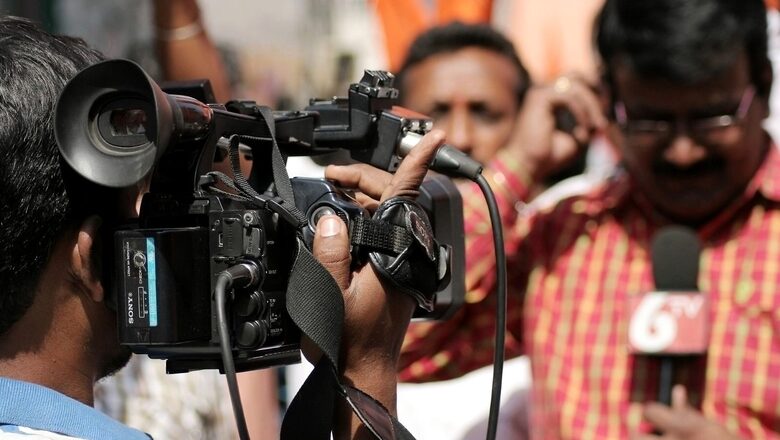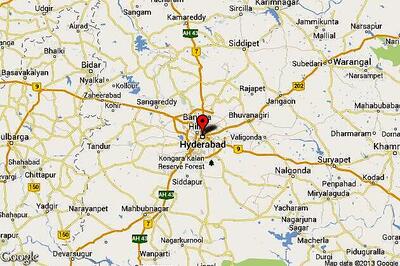
views
The new Central Media Accreditation Guidelines-2022 released by the Centre have included a stringent provision under which a journalist can lose government accreditation if the person “acts in a manner which is prejudicial to the sovereignty and integrity of India, the security of the state, friendly relations with foreign states, public order, decency or morality or in relation to contempt of court, defamation or incitement of an offence”.
The new accreditation guidelines announced by the Press Information Bureau — the official communication arm of the central government — has also opened up government accreditation for web journalists for the first time, even as news aggregators will remain out of the ambit.
This is about a year after it came up with new rules to regulate the online media and OTT platforms and about a year-and-a-half after the government agreed on including digital and electronic media journalists under the definition of ‘Working Journalist’.
A senior government official told News18 that the entire process of accreditation has been streamlined, grey zones have been removed, rules have full clarity and there is no scope for interpretation or fudging. “The new rules are reformative. They are focused on professional work. Digital media has been given full recognition which was earlier lacking. For the first time in history foreign media will get accreditation for full term of J Visa,” the official said.
The official also pointed out that a journalist was earlier arrested for spying for China but his accreditation could not be cancelled as there was no provision.
“In several cases of sexual and other cognisable offences no action could be taken earlier,” the official said, explaining the new provisions. Also, for the first time Accreditation Rules specifically state ‘working journalist’ while till now they were referred to as ‘representatives’, the official said.
The new policy has been in the works for the last many months. Both the provisions did not feature in the last media accreditation policy of the government, which was brought in 2013, and were introduced for the first time under the new accreditation policy drafted by the Information and Broadcasting ministry.
The old policy just stated that the media accreditation cards would be withdrawn once the conditions on which it was issued would cease to exist and could be withdrawn or suspended in the instance of misuse.
The new policy also lists out other instances in which a journalist’s accreditation can be suspended. This includes person charged with a “serious cognisable offence”, one who uses the accreditation cards for non-journalistic activities, leaves the organisation on whose behalf the person was accredited or the organisation ceases to exist.
It also categorically points out that the accredited media person will not use the words “Accredited to the Government of India” on public or social media profile, visiting cards, letterheads or any other published work.
A PIB accreditation card provides access to journalists inside government buildings within Delhi-NCR and important government events. Press accreditation cards are issued by the respective state governments to journalists in other states.
Around 3,000 press accreditation cards are issued every year by the PIB. Railway fare concessions and a Central Government Health Scheme (CGHS) card are other benefits that come with a PIB accreditation card.
For accreditation of journalists in digital media, the applicants will have to report the website’s average monthly unique visitor count of the last six months certified by its CAG-approved/empanelled auditors. One digital media journalist will be eligible for accreditation from news websites with 10 to 50 lakh unique visitors. Four journalists can get accredited from news websites with over a crore unique visitors a month.
The new policy has set up fixed quotas for journalists working in newspapers, magazines and TV news channels. Foreign news media working journalists will be issued PIB cards till the validity of their J visa.
Read all the Latest India News here



















Comments
0 comment